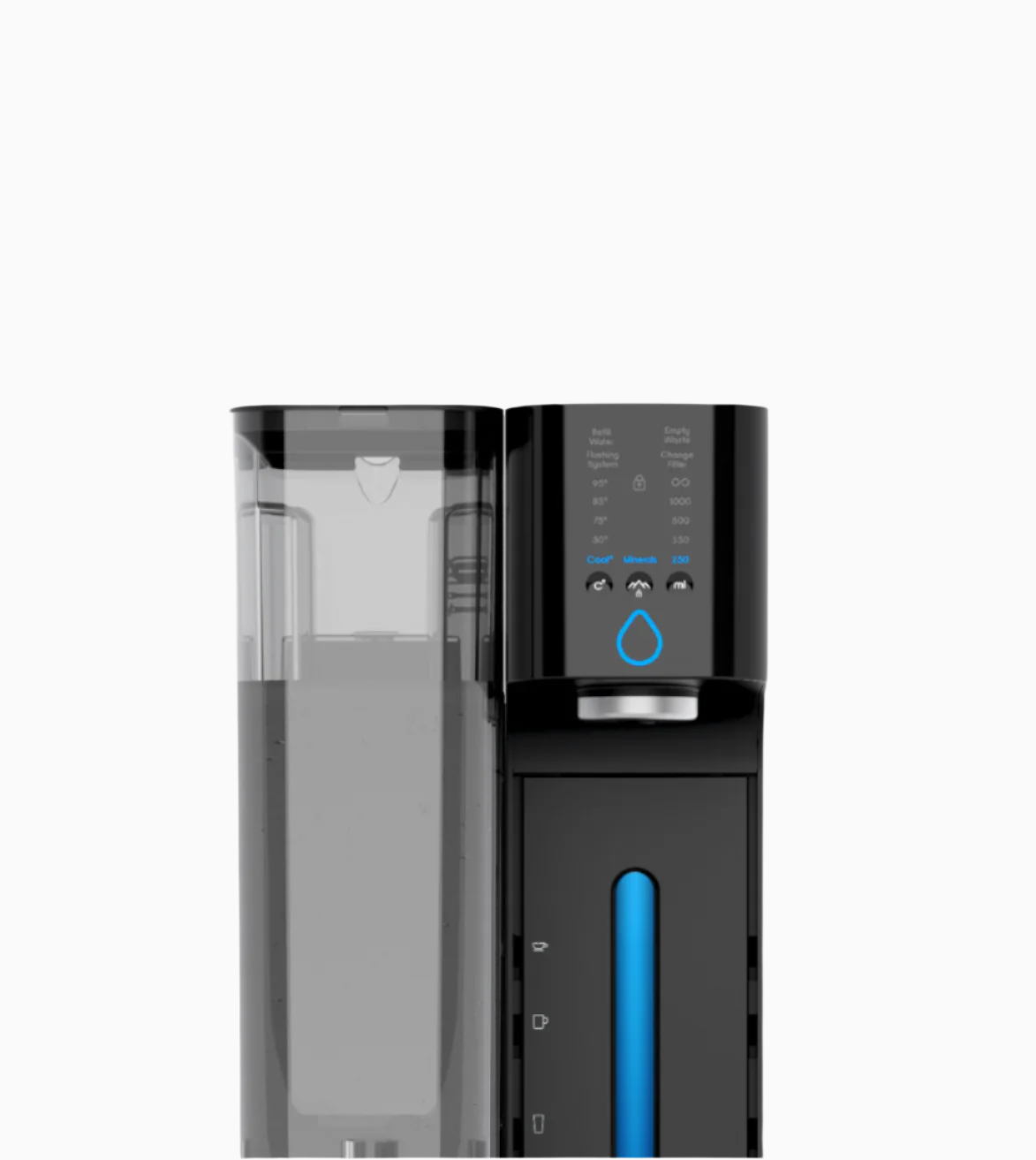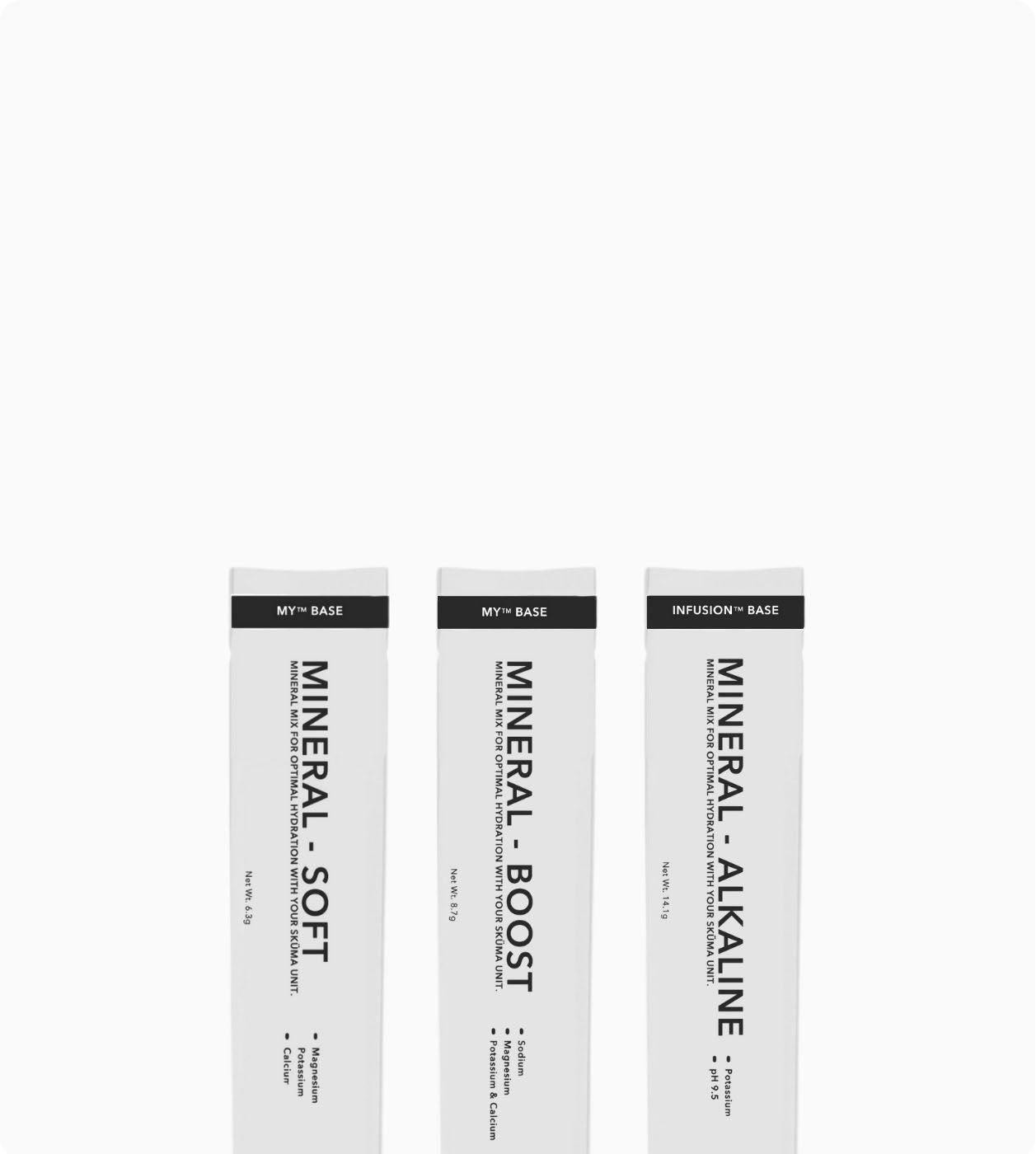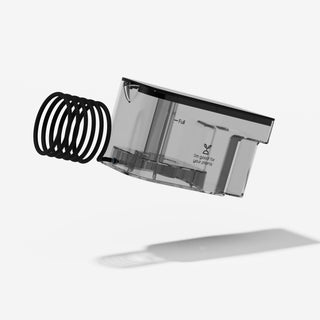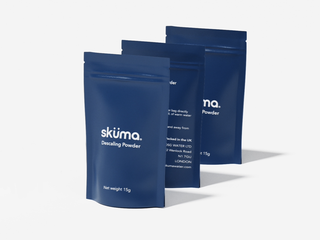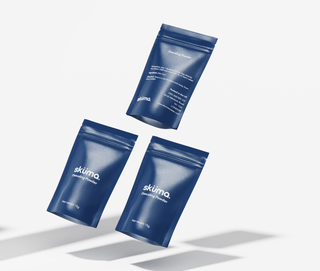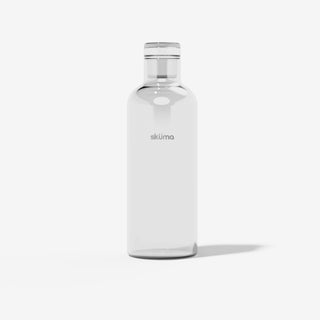Struggling with portion control or slow metabolism?
The solution may be as simple as your water intake. Hydration plays a vital but under appreciated role in weight management, appetite regulation, and even fat metabolism.
Backed by emerging research, including a 2025 review titled “Water intake, hydration, and weight management: the glass is half-full!”: this article explores how increasing your water intake can become a foundational step in reaching and maintaining a healthy weight.
Water helps curb hunger and reduce calorie intake
- Mild dehydration can mimic feelings of hunger, leading to unnecessary snacking or overeating.
- Studies show that drinking water before meals can help reduce appetite and lower calorie consumption, particularly in middle-aged and older adults (Dennis et al., 2010).
- Proper hydration supports your body’s satiety signals, helping you feel fuller for longer.
Hydration supports fat metabolism and thermogenesis
- Staying hydrated helps activate lipolysis, the body’s process of breaking down fat for energy.
- Optimal hydration improves cellular function and metabolic efficiency, increasing resting energy expenditure (Boschmann et al., 2003).
- Drinking water may modestly boost calorie burning, especially when replacing sugary drinks.
Dehydration may slow weight loss and increase fatigue
- Even low levels of dehydration can impair physical performance and lead to lethargy, lowered motivation, and poor exercise adherence.
- Ensuring adequate water intake improves energy levels, enhances workout quality, and encourages active calorie burn.
Hydration is one piece of a bigger lifestyle puzzle
- Of course, hydration alone won’t drive sustained weight loss—it must be paired with a nutritious diet, regular movement, quality sleep, and stress management.
- But making a conscious effort to hydrate, especially before meals and workouts, is a simple, strategic first step.
Why hydration becomes more important as you age
- As we age, thirst sensitivity decreases, while body composition changes make hydration even more critical for metabolism and muscle maintenance.
- The 2025 review emphasizes that older adults, in particular, benefit from intentional hydration to support metabolic health and appetite control—making water a key ally in age-related weight management.
Sküma’s mineral-rich water solutions ensure your hydration isn’t just consistent, it’s optimised. With purified water and smart Infusion Blends that balance essential electrolytes, we find our customers drink more water after getting our devices.
Citations:
- Davy, B.M., Davy, K.P., Savla, J.T., Katz, B., Howard, K., Howes, E., Marinik, E., Laskaridou, E., Parker, M., & Knight, A. (2025). Water intake, hydration, and weight management: the glass is half-full! Physiology & Behavior, 297, 114953.
- Dennis, E.A. et al., 2010 – Water consumption reduces energy intake at meals
- Boschmann, M. et al., 2003 – Water-induced thermogenesis and fat oxidation
- Popkin, B.M. et al., 2010 – Water, hydration, and health
- NHS UK – Healthy weight and hydration overview


